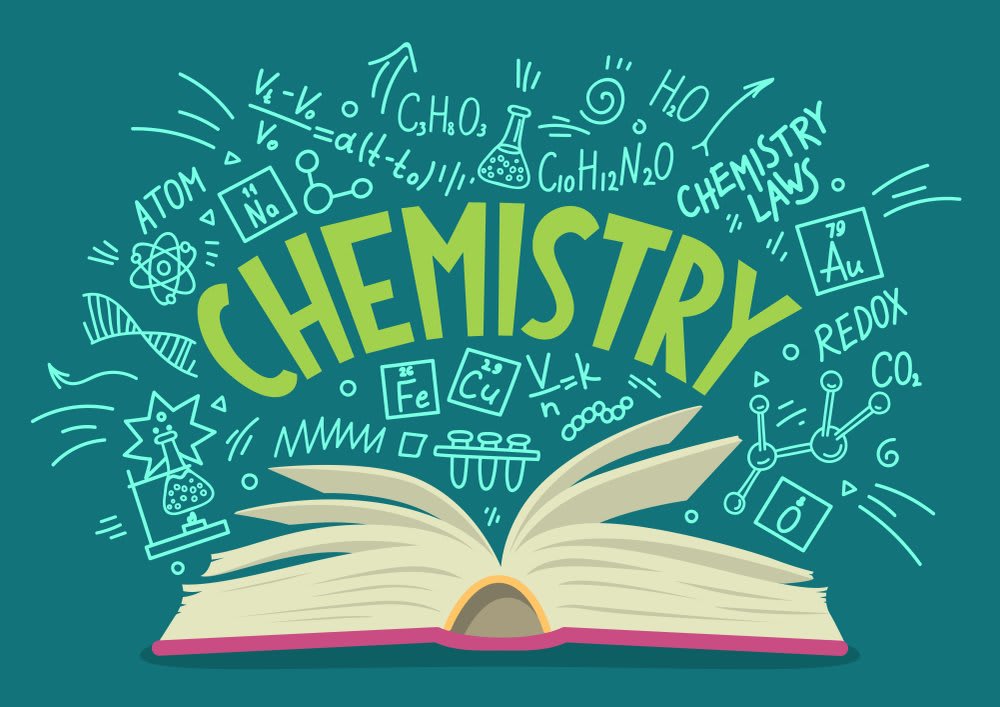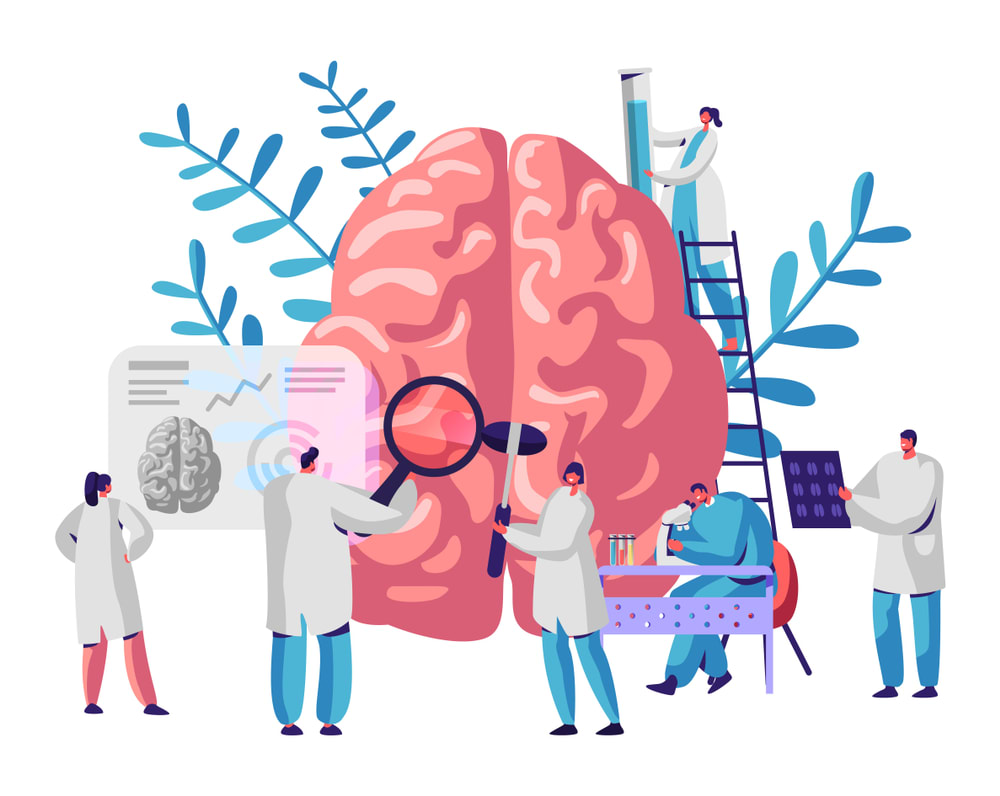Selecting the right A-Level subjects is a key step for students aiming to pursue a career in medicine. The medical field is extremely competitive, and choosing the right subjects can greatly enhance your chances of being accepted into a top medical program. At Litera Centre, we guide students in making informed decisions to build a solid foundation for their future in medicine. Here’s a detailed guide to help you identify the Best A Level Subjects for Medicine and begin your path toward a rewarding medical profession.
1. Biology – The Building Block of Medical Knowledge:

Biology is essential for understanding how the human body functions and how diseases affect it. It offers the foundation for learning about key medical concepts such as genetics, diseases, and immunity.
Why It’s Essential:
Most medical schools require Biology because it covers the basics of human anatomy, physiology, and microbiology. These topics are directly applicable to medical studies, making Biology an indispensable subject.
What You’ll Learn:
Biology at A-Level includes:
- Understanding cell structure and their functions.
- Exploring human and plant physiology.
- Investigating genetics, inheritance, and DNA.
- Learning about diseases, immunity, and how the body fights infections.
Apart from the subject content, studying Biology will enhance your problem-solving and critical thinking skills, which are vital for diagnosing and treating patients.
2. Chemistry – The Foundation of Medical Science:

Chemistry is the second core subject for medicine, as it explains how the body works at a molecular level. It bridges the gap between biology and medicine by focusing on chemical processes in the body.
Why It’s Essential:
Almost every medical school requires Chemistry at A-Level because it forms the basis for biochemistry, pharmacology, and drug interactions. For example, understanding how enzymes function or how medications are metabolized is rooted in Chemistry.
What You’ll Learn:
Chemistry covers a variety of topics, including:
- Organic and inorganic chemistry principles.
- The periodic table, atomic structures, and bonding.
- Chemical reactions, acids, and bases.
- Practical applications of chemistry in healthcare, such as drug formulation.
Chemistry also develops your ability to analyze data and work methodically, preparing you for laboratory work in medical school.
3. Mathematics – The Key to Problem Solving:

Mathematics is highly recommended for students aiming to become doctors, as it equips you with essential skills for analyzing medical data and solving quantitative problems. While not always a mandatory requirement, including Mathematics among your Best A-Level Subjects for Medicine can provide a significant advantage in the competitive application process.
Why It’s Recommended:
Doctors frequently rely on statistics, interpret laboratory results, and calculate accurate drug dosages. Including Mathematics among your Best A-Level Subjects for Medicine helps build a strong foundation for these critical tasks while also enhancing logical thinking—an essential skill for excelling in the medical field.
What You’ll Learn:
A-Level Maths includes:
- Algebra and calculus for solving complex equations.
- Probability and statistics, essential for medical research and diagnostics.
- Data interpretation to draw meaningful conclusions.
These skills are particularly beneficial for medical studies, where analyzing numerical data and statistical outcomes is a regular task.
4. Physics – For Technological Advancements in Medicine:

While not an essential requirement, Physics is an excellent addition to your A-Level studies if you’re intrigued by the technological side of medicine. It enhances your analytical skills and provides insights into concepts widely used in medical imaging technologies. Including Physics as one of your Best A-Level Subjects for Medicine can give you a competitive edge.
Why It’s Useful:
Modern healthcare relies significantly on technological advancements such as X-rays, MRI scans, and ultrasounds. By including Physics among your Best A-Level Subjects for Medicine, you gain the scientific foundation required to understand and effectively work with these essential diagnostic tools.
What You’ll Learn:
Key topics in A-Level Physics include:
- Mechanics, energy, and forces.
- Waves and electromagnetic radiation.
- Electricity and its medical applications.
By combining Physics with Biology and Chemistry, you’ll gain a well-rounded understanding of both the biological and technological aspects of healthcare.
5. Psychology – Understanding Human Behavior:

Psychology may not be a core requirement, but it is a highly valuable subject for students considering a career in mental health or patient care. Including Psychology among your Best A-Level Subjects for Medicine can offer valuable insights into human behavior, emotional well-being, and cognitive development, all of which are essential for understanding and supporting patients effectively.
Why It’s Useful:
As a doctor, you’ll often work with patients who have psychological or emotional challenges. A grounding in Psychology helps you build empathy and offer holistic care.
What You’ll Learn:
A-Level Psychology covers:
- Cognitive processes and memory.
- Social behavior and emotional development.
- Mental health conditions and therapeutic approaches.
Choosing Psychology as part of your Best A-Level Subjects for Medicine, alongside core sciences like Biology and Chemistry, can provide you with a broader perspective on how mental and physical health are interconnected. This combination equips you with a well-rounded understanding of patient care and the holistic nature of healthcare.
Additional Subjects to Strengthen Your Application:
While Biology, Chemistry, and Maths form the backbone of your A-Level choices, other subjects can make your application stand out:
- English Literature: Sharpens your communication and analytical skills, which are crucial for patient interaction and medical writing.
- Further Maths: If you’re confident in Maths, this advanced subject can deepen your problem-solving skills.
- Modern Languages: Learning another language can help you connect with a diverse patient population in the future.
Subjects to Avoid
When choosing your A-Levels, avoid subjects that are not highly regarded by universities or that don’t align with your goals:
- General Studies and Critical Thinking are usually not accepted by medical schools.
- Avoid taking too many non-science subjects unless you balance them with the required sciences.
Popular Combinations of A Level Subjects for Medicine:
Here are the best subject combinations to meet medical school requirements and showcase your strengths:
- Biology, Chemistry, and Maths – A classic and widely recommended trio.
- Biology, Chemistry, and Physics – Perfect for students with an interest in technology and diagnostics.
- Biology, Chemistry, and Psychology – Great for those focusing on mental health or neuroscience.
These combinations ensure you meet entry requirements and give you the knowledge needed for a strong application.
Conclusion: Choose the Best Path with Litera Centre:
Choosing A-Level subjects for medicine is a big decision that requires careful planning. Biology and Chemistry are essential, while Maths and Physics provide valuable skills to strengthen your application.
Contact Litera Centre today to receive expert guidance on your A-Level subject selection and online a level tutors. Let’s work together to create the perfect foundation for your medical career!





